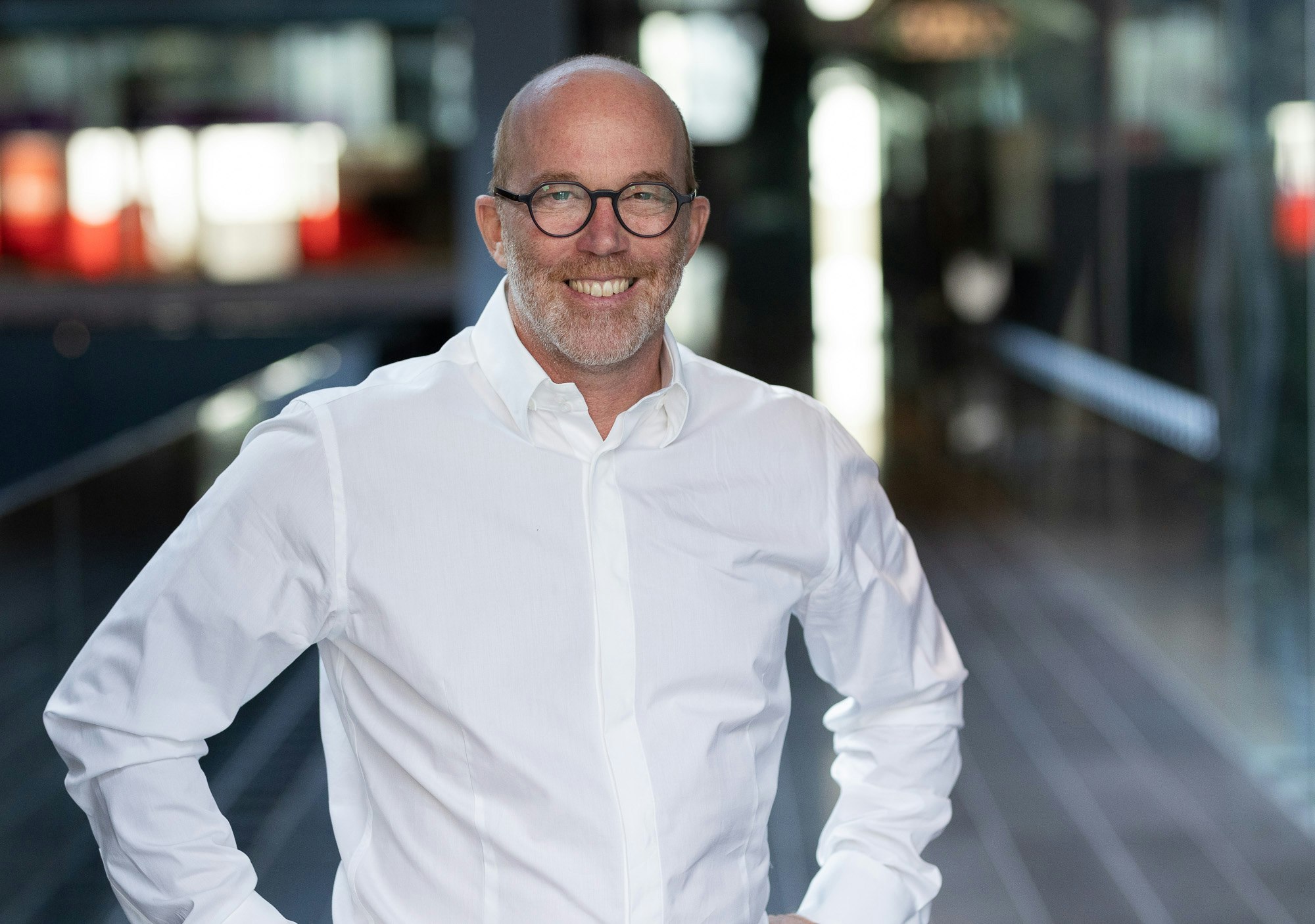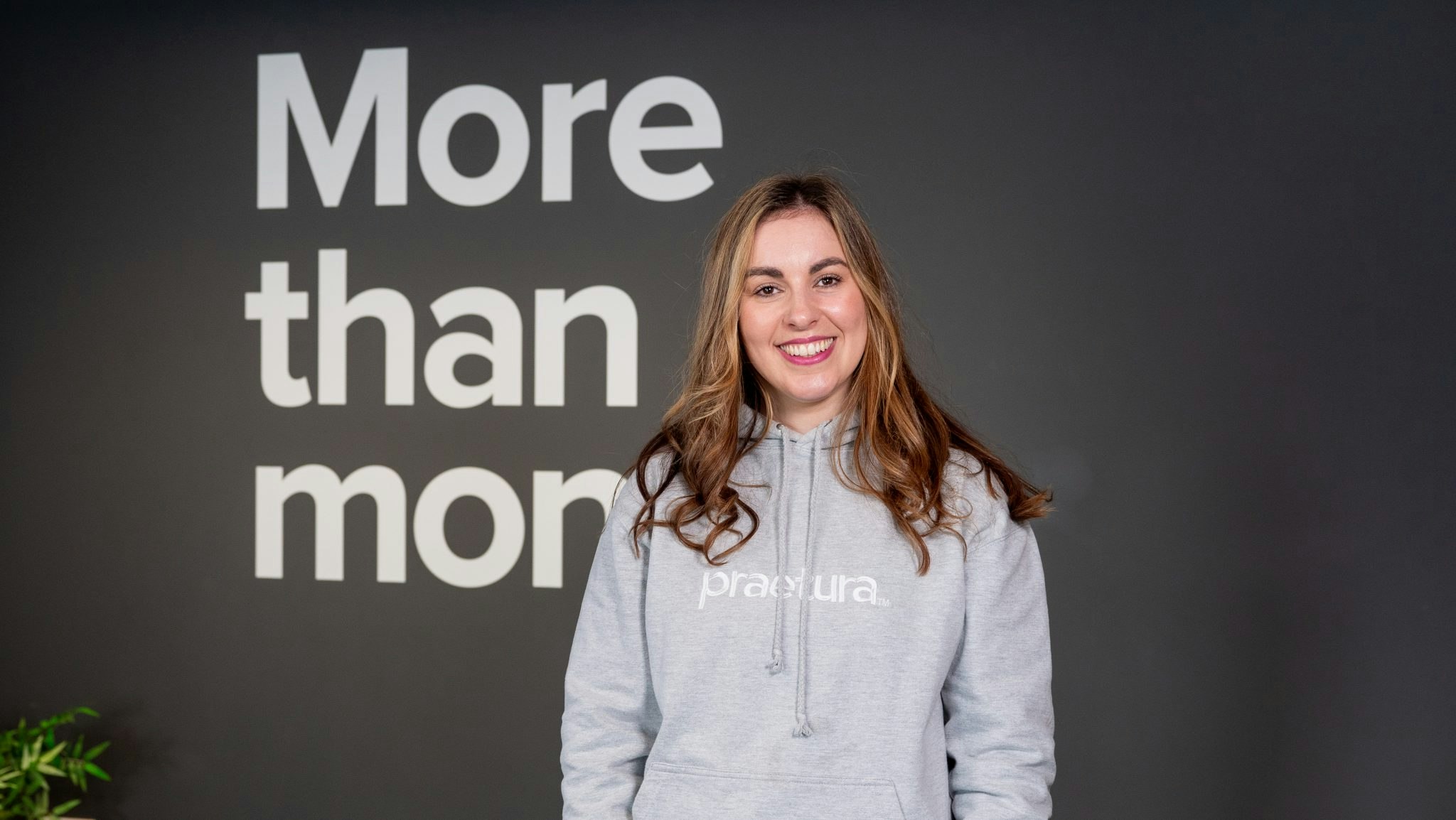The hot topic in VC circles in 2024 isn’t raising money so much as returning money.
With exits at an all-time low in Europe, some investors in VC funds are getting antsy to have their money back.
“The industry desperately needs to solve the liquidity issue we all face,” says Oliver Holle, managing partner of Austrian VC Speedinvest, speaking to Sifted as he announces a final close of his fourth early-stage fund at €350m.
It means VCs need to get creative — and some already are. US VC Lightspeed is creating a continuation fund, reported the Financial Times last week, to enable it to sell some startup stakes and return capital to its investors. Its European peers are taking note. “Everybody is looking at this at the moment,” says Holle.
Unusually for a European VC, Speedinvest already has a small team focused on returning capital to its investors, and wouldn’t be against launching another initiative to get more liquidity.
“Whether it’s a continuation fund, or sub-portfolio secondaries… all these instruments should be much more front and centre for us,” says Holle.

Proactive exits
In the boom years, VCs didn’t need to think too hard about getting exits. Startups were raising big rounds, often giving earlier investors plenty of opportunities to sell at least some of their shares to incoming investors at a tidy markup.
“The whole industry — including ourselves — has been a bit naive about this topic,” says Holle, whose portfolio includes unicorns like wefox, GoStudent and Bitpanda.
“We had these conversations two years ago when there were lots of up rounds [about how much to sell]. We’d settle on selling 20 or 30% of our shares, or say ‘Let’s make sure we at least have our money back’. In hindsight, that’s not good enough.”
“We are all learning that we should have been much more diligent, had a look at hardcore revenue multiples, taken more of an investment banker mindset. We should’ve sold more.”
That exit path is now “gone, pretty much” — leaving inbound or outbound M&A as the primary way for VCs to get exits.
“VCs rarely have enough energy to proactively manufacture a sale,” says Holle, including finding M&A advisors, building a pipeline of potential buyers, having conversations with founders and coinvestors about whether they’re ready to sell and then running the process.
Instead, they wait for a buyer to come along. “That’s where a lot of VC peers fail.”
Speedinvest’s two-person M&A team (Werner Zahnt and Lawrence Kilian) “can’t run 100 M&A processes in parallel” either, says Holle — but the goal is to be more proactive than its competitors.
Continuation funds — which are currently uncommon in Europe — could be another good option for VCs struggling to get liquidity.
For new LPs, “it’s a very attractive proposition”, says Holle. “If you have 10 companies doing well but they each need another 4-5 years until exit, and you’re getting a decent discount on these companies.”
“For old investors, it’s a combination of creating some liquidity but being able to reinvest, potentially at better terms than the old fund.”
Six specialisms
Speedinvest is now a 90-person team, including 40 investment professionals focused on six sectors: deeptech, fintech, health and techbio, marketplaces and consumer, climate and industrial tech, and SaaS and infrastructure.
Each team runs relatively autonomously and makes independent investment decisions, says Holle. “Otherwise it’s too slow, people get frustrated and people leave.”
There’s also a €3m fund of funds programme, which has made 17 small-ticket investments into emerging managers so far — and will do a handful more; and a €250m follow-on fund to invest more in existing portfolio companies.
New LPs in the latest fund — which include London-HQd insurance company Aviva, PwC Germany and Paris-HQd financial services group ODDO BHF — like the structure, says Holle.
The most exciting dealflow at the moment is in healthtech and techbio (“super interesting"), climate tech (“getting more sophisticated”) and AI that’s “focused on very specific core problems that need to be solved”, says Holle.
The team writes first cheques of around €700k to €1.3m, investing up to €3m at seed. It’s backed around 40 startups so far from this fund — around two per month — and plans to back around 100 in total.


